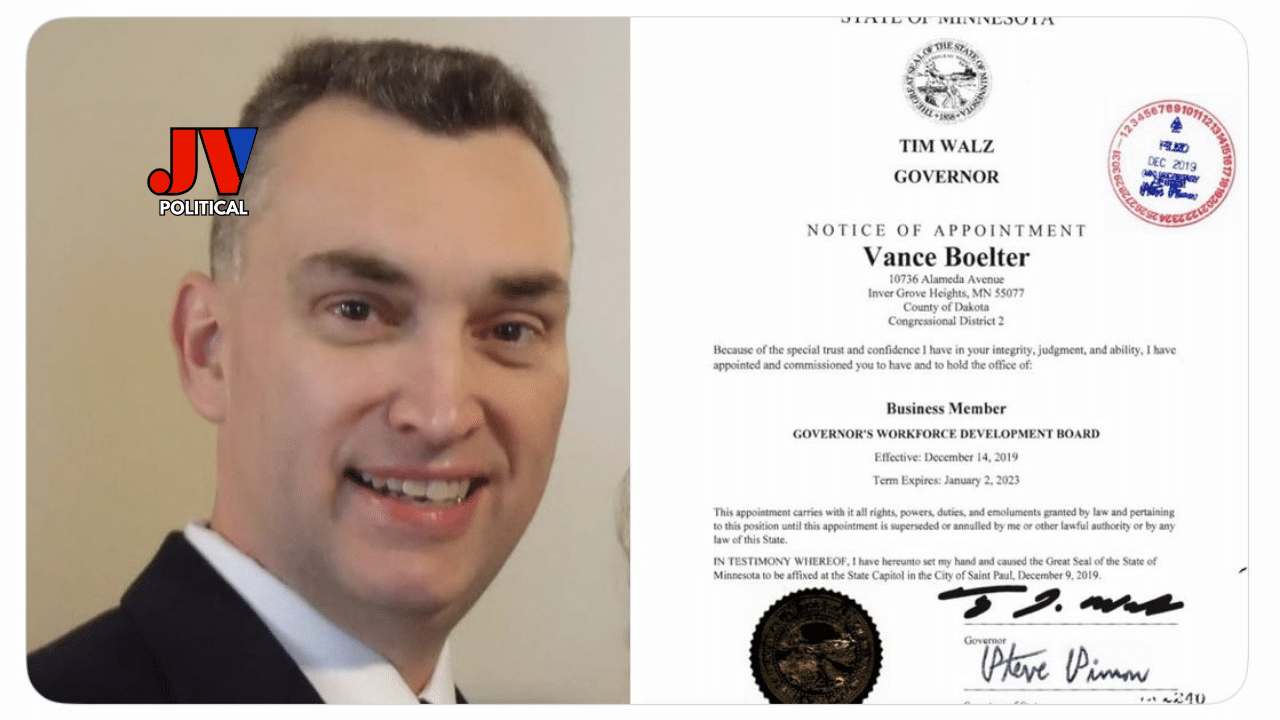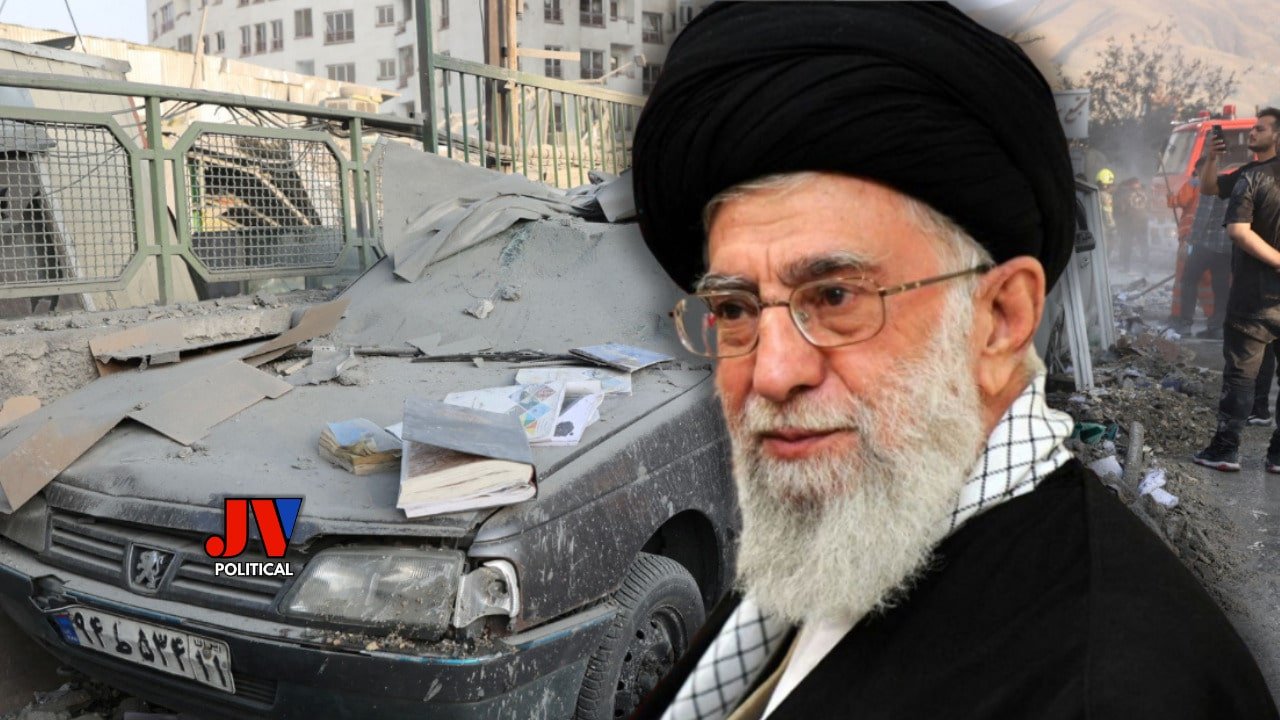BREAKING: Former FAA Contractor Pleads Guilty to Spying for Iran 4/17/25
The naturalized U.S. citizen who resides in Great Falls, Virginia admitted guilt on Wednesday for collaborating with Iranian officials between 2017 and 2024 while serving as an FAA contractor.
In federal court the DOJ reported that 42-year-old Abouzar Rahmati accepted guilt for plotting to operate as an Iranian government agent in the U.S. without informing the Attorney General.
From June 2009 until May 2010 Rahmati served as a 1st Lt. in the Islamic Revolutionary Guard Corps which operates under the Iranian Armed Forces. According to the U.S. government the IRGC has been designated as a terrorist organization.
The court records demonstrate Rahmati acted together with Iranian intelligence agents and government representatives in the United States starting from December 2017 up until June 2024.
In that time Rahmati held meetings with Iranian intelligence agents in Iran while using a cover story to remain hidden during communication with Iranian officials .
He gained a position at an FAA contractor which allowed him access to confidential aviation sector information in the United States as well as provided intelligence officers with both open-source and undisclosed materials related to America’s solar energy industry.
According to the DOJ Rahmati extended his services to Iran in August 2017 through contact with a senior Iranian government official who formerly worked at the Ministry of Intelligence and Security.
According to the DOJ Rahmati visited Iran four months afterward to meet with intelligence operatives and government officials. He consented to collect data regarding the U.S. solar industry for Iranian officials.
Key Takeaways
- Abouzar Rahmati is a former FAA contractor involved in espionage.
- He pleaded guilty to charges linked to spying for Iran.
- This situation highlights vulnerabilities in national security.
- The DOJ has conducted extensive investigations on this matter.
- Concerns over U.S. aviation security have intensified.
- Federal charges could lead to significant legal repercussions.
The Case of Abouzar Rahmati: Former FAA Contractor Pleads Guilty to Spying for Iran
Abouzar Rahmati’s story is quite disturbing. He is a U.S. citizen living in Great Falls, Virginia. Before, he was a 1st Lieutenant in the Islamic Revolutionary Guard Corps, seen as a terrorist group by the U.S. He worked as a faa contractor from 2017 to 2024. During this time, he secretly worked with Iranian spies, leading to serious espionage charges.
Background of Abouzar Rahmati
Rahmati’s past in the military is a red flag. His job as a faa contractor gave him access to vital national infrastructure. He secretly gathered a lot of sensitive information for Iran. His actions show how deeply involved he was in espionage.
Details of the Espionage Charges
Rahmati broke many federal laws through his espionage. He collected over 175 GB of FAA data on airports and systems. He planned to give this information to Iranian agents during his trips to Iran. His actions highlight a big threat to national security today.
Implications for National Security and Aviation
Recent espionage linked to a former FAA contractor has serious implications. It shows threats to national security and aviation. These breaches are immediate and cannot be ignored, mainly for U.S. aviation security.
Impact on U.S. Aviation Security
The stolen sensitive information is a big worry. It includes air traffic control and surveillance systems. This could lead to very bad outcomes.
Authorities must see the danger. Malicious access to this data could attack aviation infrastructure. It makes us question if our security measures work.
Significance of Sensitive Information Shared
Sharing sensitive info with foreign entities is a big problem. It shows a breach of trust and security. The info could help enemies plan attacks on aviation.
This situation shows we need better security protocols. We must be more careful to protect against future threats.
Legal Consequences and Judicial Proceedings
Abouzar Rahmati’s actions have led to serious legal issues. He is charged with federal crimes for working with Iran. This shows how espionage is taken seriously by the law to protect the country.
Outline of Federal Charges
Rahmati is accused of helping Iran by sharing secret information. This breaks laws meant to keep the U.S. safe. He could face up to ten years in prison for these crimes.
Plea Agreement and Possible Sentencing
Rahmati has made a plea deal, a big step in his case. His sentencing is set for August 26, 2025. This deal might reduce his punishment if he cooperates with the investigation. The strict rules show the U.S. is serious about keeping its freedom safe.
Conclusion
The guilty plea of Abouzar Rahmati is a stark reminder of the threats to our national security. As a former FAA contractor, he worked for Iran, showing weaknesses in our defense systems. His actions highlight the need for constant vigilance and strong leadership against foreign threats.
Rahmati’s espionage case has wide-reaching implications. It shows we must strengthen our defenses, not just in aviation but everywhere. The case challenges our commitment to national security. It calls for a united effort to protect American values and keep our skies safe.
We must act quickly to stop similar breaches in the future. It’s essential to understand the danger posed by those who betray our security. By working together, we can build a strong defense that upholds American values and protects our interests from any threat.
FAQ
What led to Abouzar Rahmati’s guilty plea?
Abouzar Rahmati pleaded guilty to espionage charges. He acted as an agent for the Iranian government while working for the FAA. This compromised sensitive national security information.
What specific charges does Rahmati face?
Rahmati is charged with acting as an agent of a foreign government and conspiracy. He could face up to ten years in prison.
How much sensitive information did Rahmati access?
Rahmati gathered over 175 GB of classified FAA data. This data was about airport operations and systems. He planned to share it with Iranian operatives.
What are the security implications of Rahmati’s actions?
Rahmati’s actions threaten U.S. aviation security. They risk the safety of air traffic control systems and other critical infrastructure. This raises big concerns about traveler safety.
What is the timeline for Rahmati’s sentencing?
Rahmati is set to be sentenced on August 26, 2025. This is part of a plea agreement after his guilty plea.
How does this case reflect on U.S. national security?
This case shows the ongoing challenges and threats to U.S. national security. It highlights the need for vigilance and strong protective measures. This is true, even in critical sectors like aviation.
















